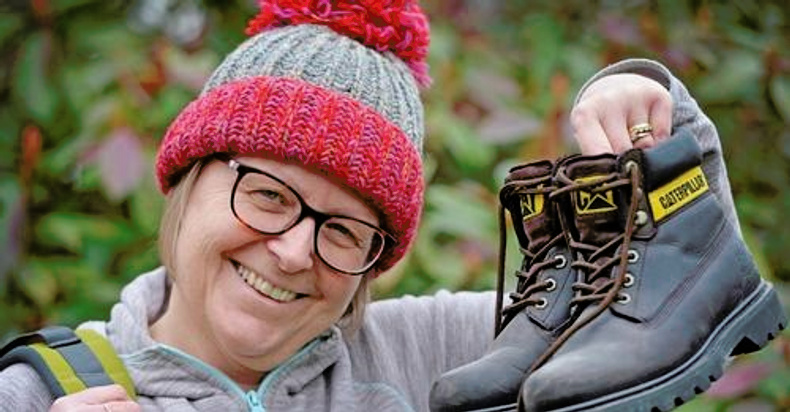The darkness of Motor Neurone Disease and the light found in purpose and community

I often reflect on life before MND. I think about my playing career in Crown Green Bowls, a sport I have loved since I was eight years old—the same sport that led me to the love of my life. I recall the places we’ve been, the opportunities I’ve embraced, the people I’ve met, the friends I’ve made, and the ones I’ve lost.
There is, of course, an element of nostalgia—a longing to return to a life that once felt normal. Life before MND seemed happier and less complicated, but perhaps that isn’t entirely true. Comparisons are difficult when I now find myself navigating a path that, on some days, is indescribably painful.
Life is a treasured gift, but it is also complex. We all carry our own burdens, and how we handle them is unique to each of us. When I look back on times I once considered stressful or difficult, I smile. Those challenges were nothing compared to the daily reality of living with MND.
How Do You Accept Loss?
Throughout our MND journey, loss was a constant companion—loss of movement, of speech, of independence. In some cases, even loss of friends—some quietly disappeared when there was nothing left to say. Each day brought a new challenge. Just as we adjusted to one change, another lurked around the corner. The road ahead felt dark and uncertain, and as a family, we weren’t just navigating small potholes but enormous craters, all while trying to hold onto the present moment.
It’s fair to say that Mel coped far better than I did. He accepted the cards we had been dealt and, in his usual style, simply ‘got on with it.’ I, on the other hand, endured breakdown after breakdown, struggling physically and emotionally to cope with the rapid changes unfolding before my eyes. The road ahead was pitch black.
I was fortunate to meet a few extraordinary people who had walked this path before me. I needed to find a balance—understanding what lay ahead without overwhelming myself with fear. Only those who had lived this reality truly understood what we were going through. They could relate to my need to scream in frustration.
Once a week, I attended a counselling session. I don’t think it helped me—or maybe it did, if success meant that, for just one night a week, I managed a decent sleep after sobbing uncontrollably for an hour in front of a stranger. With all due respect, they had no idea what I faced every single day.
Stepping into the Light
The truth is, I came dangerously close to falling off the edge of a cliff. To this day, I don’t know what stopped me—but something did. For a long time, MND took away my purpose. It robbed me of my reason for living.
People often ask me; how do you do what you do? And honestly, I can’t put it into words.
The people around me—family, friends, colleagues—became more important than ever. Some friends drifted away, unsure of how to handle the ‘new’ Lynn. But the ones who stayed? Their support has meant more than they will ever know. New friendships have formed in the most unexpected and meaningful ways. There is a deep camaraderie among those who truly understand what it means to live with MND. It is the club no one wants to join.
MND has now redefined my purpose. My focus is on my family, my friends, and doing my part to bring us closer to effective treatments—and ultimately, a cure. Life has become that simple.
Our small charity, the Mel Evans MBE Foundation, has become a significant part of my life. It is my therapy, my way of keeping the light shining on a giant of a man whose impact knew no bounds.
That’s all for now. I will keep banging the drum for Mel and the whole MND community.
